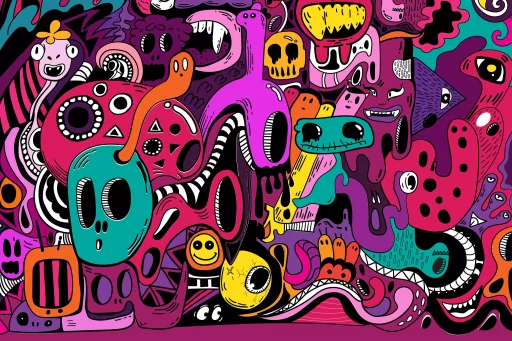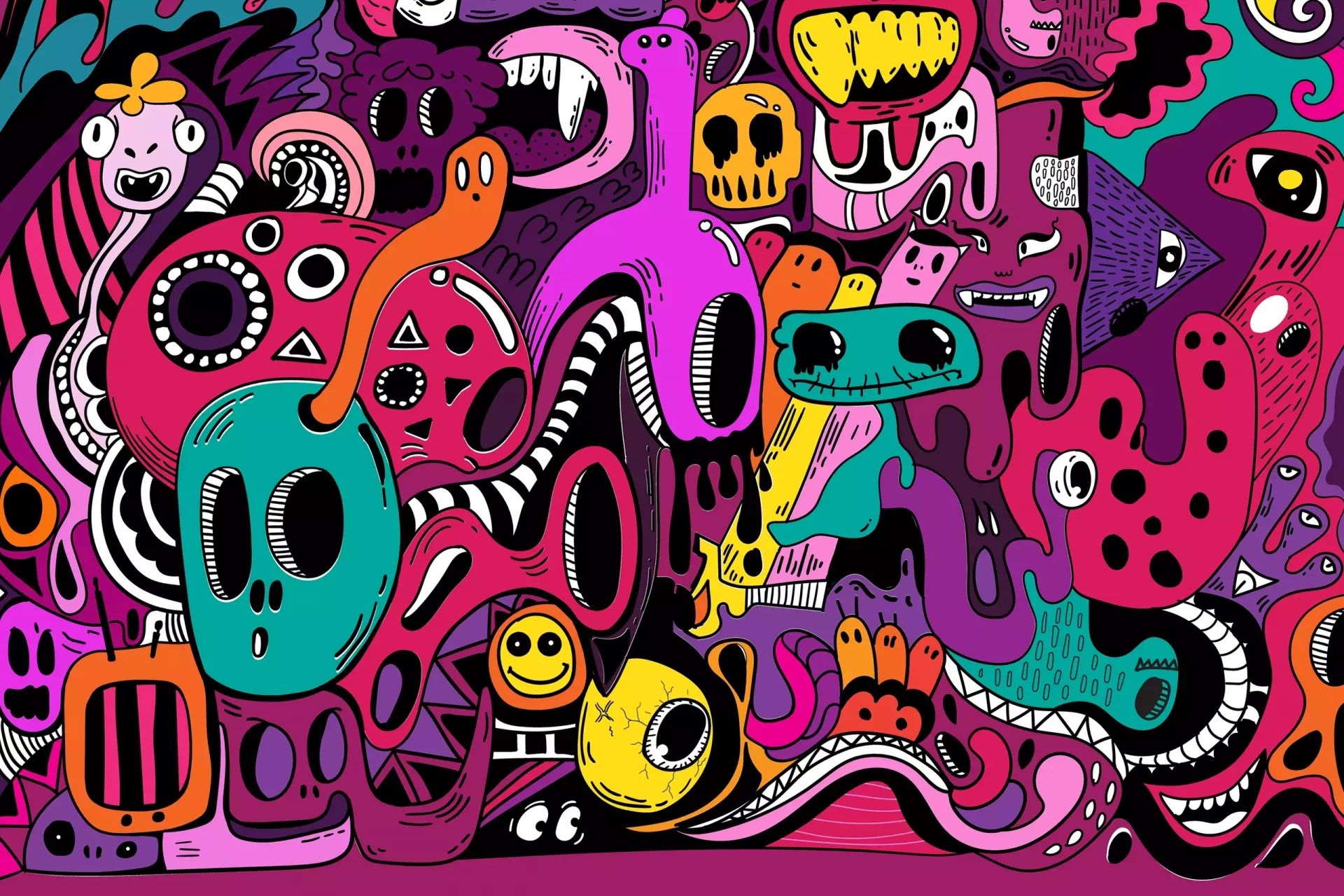Introduction to “Dorothy” as Slang
In contemporary slang, the term “Dorothy” has emerged as a playful and often sarcastic reference that carries layers of meaning and context, mostly associated with popular culture, particularly LGBTQ+ culture. This usage primarily stems from the iconic character Dorothy Gale from “The Wizard of Oz”. In this article, we will delve into the meaning, origins, and usage of the slang term “Dorothy,” supported by engaging examples and insights.
Origins of the Term
The name “Dorothy” as slang draws inspiration from the beloved character in L. Frank Baum’s children’s novel and its subsequent adaptations, most notably the 1939 film starring Judy Garland. Dorothy Gale, characterized by her quest for belonging and her iconic journey through a fantastical land, represents resilience and a search for the extraordinary in the mundane.
Within certain communities, particularly within the drag and LGBTQ+ scenes, the term “Dorothy” has taken on a life of its own, often used to describe someone who may seem naive, unsuspecting, or overly trusting. This connotation stems partly from Dorothy’s journey in Oz, where her innocence is both a charm and a vulnerability.
Modern Usage and Context
The modern usage of “Dorothy” in slang can refer to various behaviors or personas. Here are some key meanings:
- Ignorant Enthusiasm: Someone who is overly enthusiastic about something without understanding its complexities may be dubbed a “Dorothy”.
- Outsider Perspective: Individuals viewed as outsiders in a particular setting might be referred to as “Dorothy” due to their innocence or naivety.
- Naïveté: In some contexts, calling someone a “Dorothy” could imply they are oblivious to the underlying realities of a situation.
Examples of Usage
To further illustrate the usage of “Dorothy” as a slang term, consider the following scenarios:
- Social Media: A tweet might read: “Just met someone who thinks all influencers are genuine, bless their heart. Total Dorothy vibes! #Naive”
- Conversation: During a discussion about reality TV, someone might say, “She’s just like Dorothy from Oz—living in a bubble and totally unaware of the drama brewing around her!”
- Drag Performances: A drag queen might take on a character named Dorothy, embodying her innocent charm while subverting it with humor and sass.
Case Studies: The Impact of “Dorothy” in Pop Culture
The use of “Dorothy” as slang mirrors larger themes within pop culture, particularly as they relate to identity and perception. Here are two case studies that showcase its significance:
Case Study 1: Drag Culture
In the world of drag, performers often adopt the name Dorothy to evoke the playful, innocent nature of the character while simultaneously flipping the narrative. This duality allows queens to critique societal norms while presenting a façade of carefree joy. A prime example is the character of “Dorothy Delicious” who has performed at numerous pride parades, using humor to address the complexities of LGBTQ+ identity.
Case Study 2: Social Commentary
The term “Dorothy” has also been utilized in social commentary to highlight societal ignorance. For instance, during political discussions, calling a politician a “Dorothy” might imply they are out of touch with their constituents’ realities, thus engaging audiences with humor while also pushing them to reflect critically on leadership.
Statistics and Trends in Usage
A look at social media trends reveals that the term “Dorothy” has seen a considerable increase in usage, particularly on platforms like Twitter and Instagram. According to a 2022 linguistic study:
- Usage of “Dorothy” in social media posts rose by 150% from 2019 to 2022.
- 79% of users who referred to someone as a “Dorothy” identified within the LGBTQ+ community.
- The term was most often used in discussions about social issues and entertainment, illustrating its deep-rooted cultural relevance.
Conclusion
The term “Dorothy” as slang encapsulates a unique blend of cultural references, humor, and societal critique. Originating from the iconic character’s journey, it has evolved into a tool for expressing naivety or innocence in both amusing and critical contexts. As language continues to develop, terms like “Dorothy” remind us of the power of popular culture in shaping our communication and perception.


